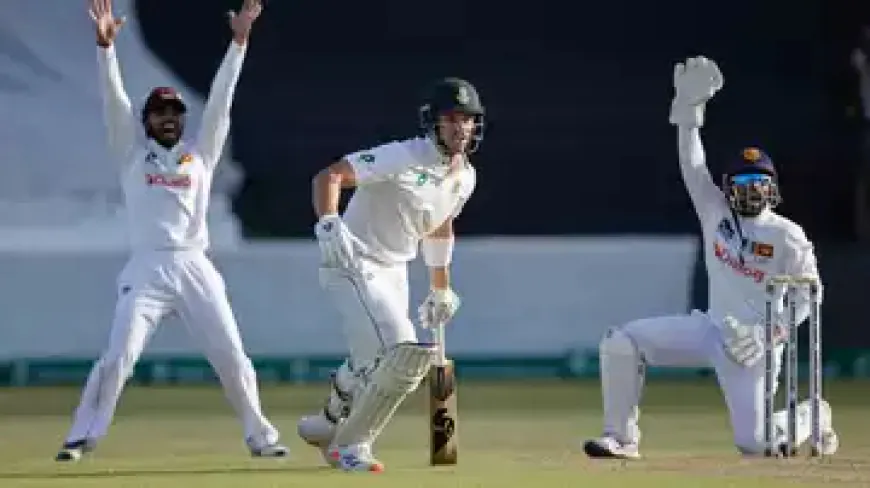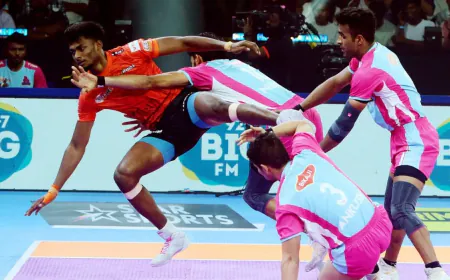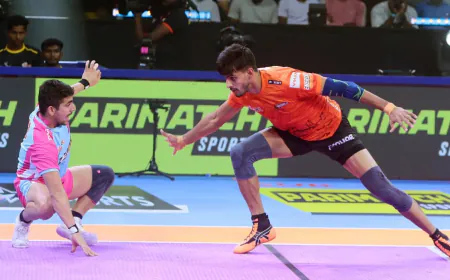CT Meeting: Hybrid Model Finalized, PCB’s Tri-Series Demand Rejected
After extensive deliberations, the hybrid model has been widely accepted by the ICC board, marking a significant resolution for the 15-game tournament. The meeting, chaired by newly elected ICC Chair Jay Shah, took place at 3:30 PM UAE time (5 PM IST).

Hybrid Model Gains Approval
The hybrid model, featuring two host nations, received strong backing from the majority of the ICC's 15-member board. Under this arrangement, the tournament will be divided between Pakistan and a second host nation, widely expected to be the UAE. Out of the 15 matches, five—including all three of India’s league games, one semifinal, and the final—are likely to be staged in the UAE. A formal announcement is expected following the meeting’s conclusion.
PCB Concedes but Makes Demands
The Pakistan Cricket Board (PCB), initially resistant to the hybrid model, has reportedly agreed to the proposal. However, the PCB has tabled several demands in exchange for its approval. Among these demands is the application of a similar hybrid hosting model for future ICC events held in India. This remains the most contentious point, with no confirmation yet on whether the ICC or the Board of Control for Cricket in India (BCCI) will entertain it.
Another key demand from the PCB is compensation for relocating five matches to a neutral venue. This request is expected to be met without resistance.
Tri-Series Proposal Rejected
One significant PCB proposal that has been firmly rejected is their call for India to participate in a tri-series involving a neutral third team, likely in the UAE. Both the ICC and the BCCI opposed the idea, and it has been unequivocally dismissed. India has not played bilateral or tri-series matches with Pakistan since 2012, limiting their encounters to ICC or Asian Cricket Council (ACC) events. This longstanding policy will not change despite the PCB’s strong push for the tri-series.
Grouping and Venue Decisions
The PCB also proposed segregating India and Pakistan into different groups for the Champions Trophy, ensuring that Pakistan could host all its group-stage matches at home. However, this suggestion was also turned down. The ICC and broadcasters have a vested interest in maximizing the visibility and revenue potential of an India-Pakistan clash, making such a proposal unviable.
As previously reported, the marquee India-Pakistan group-stage match is set to take place on March 1 at the Dubai International Stadium. This encounter is expected to draw massive viewership, reinforcing its status as the most lucrative fixture in world cricket.
Broadcasters’ Influence
Broadcasters are believed to have played a key role in influencing certain decisions, particularly opposing the idea of splitting India and Pakistan into separate groups. The financial stakes surrounding an India-Pakistan match are unparalleled, making such games critical for tournament revenues.
The ICC’s approval of the hybrid hosting model resolves a major hurdle for the Champions Trophy. While Pakistan succeeded in securing some concessions, their push for a tri-series and specific group-stage arrangements were firmly rejected. The tournament, set to be played across Pakistan and the UAE, will still feature the high-profile India-Pakistan encounter that remains a cornerstone of global cricket.
This meeting marks a pivotal moment in addressing cross-border cricketing challenges while setting a precedent for future ICC tournaments.





















































